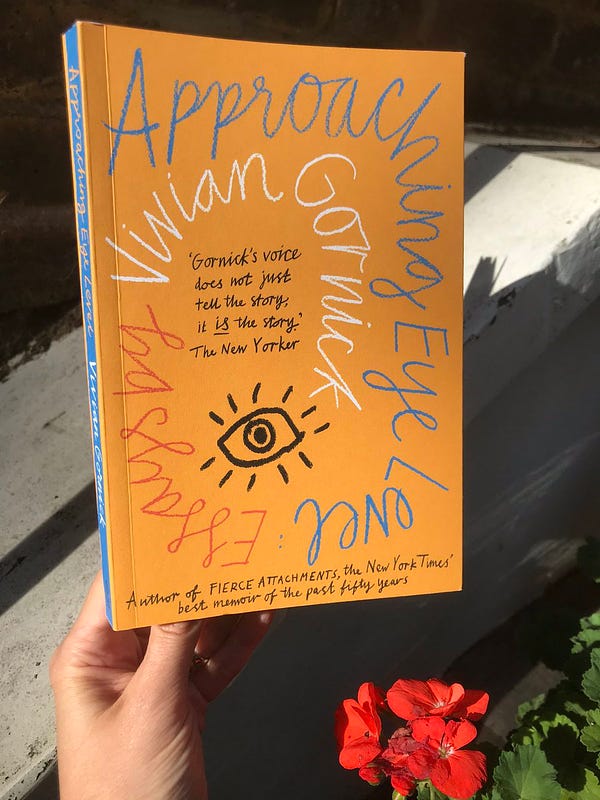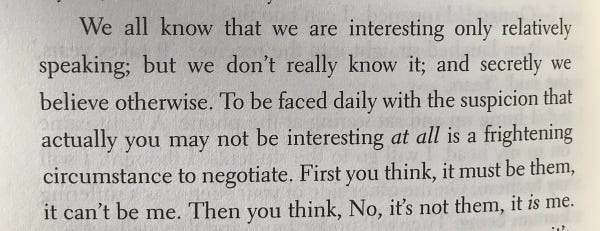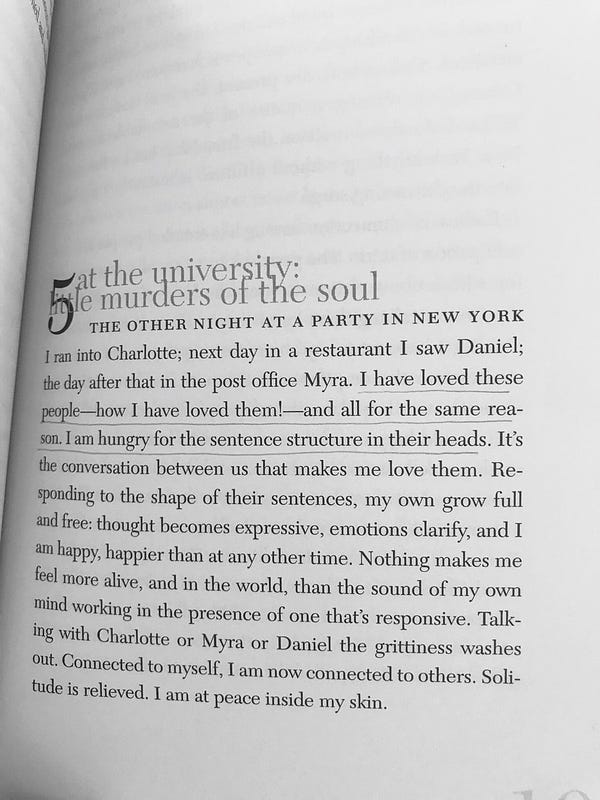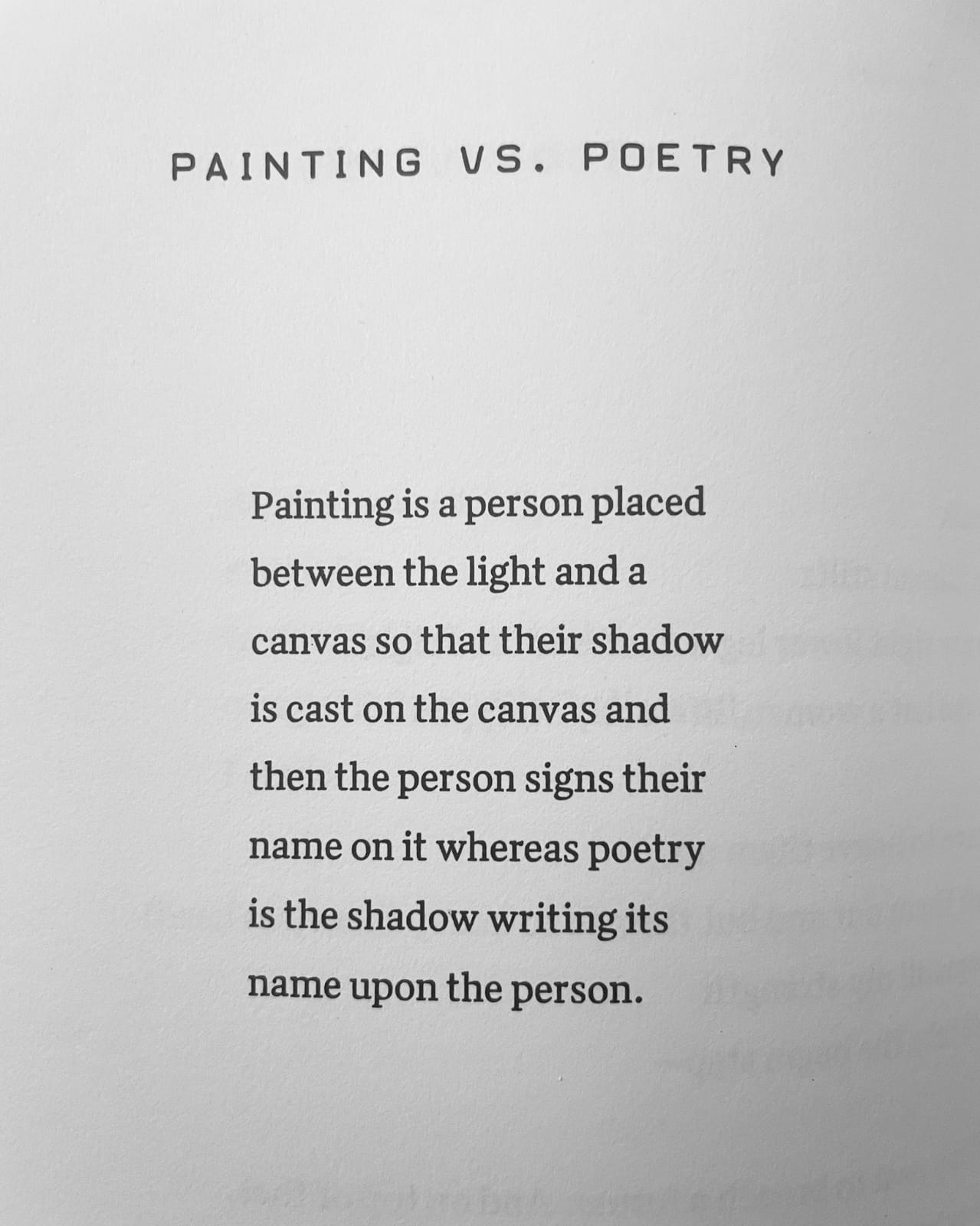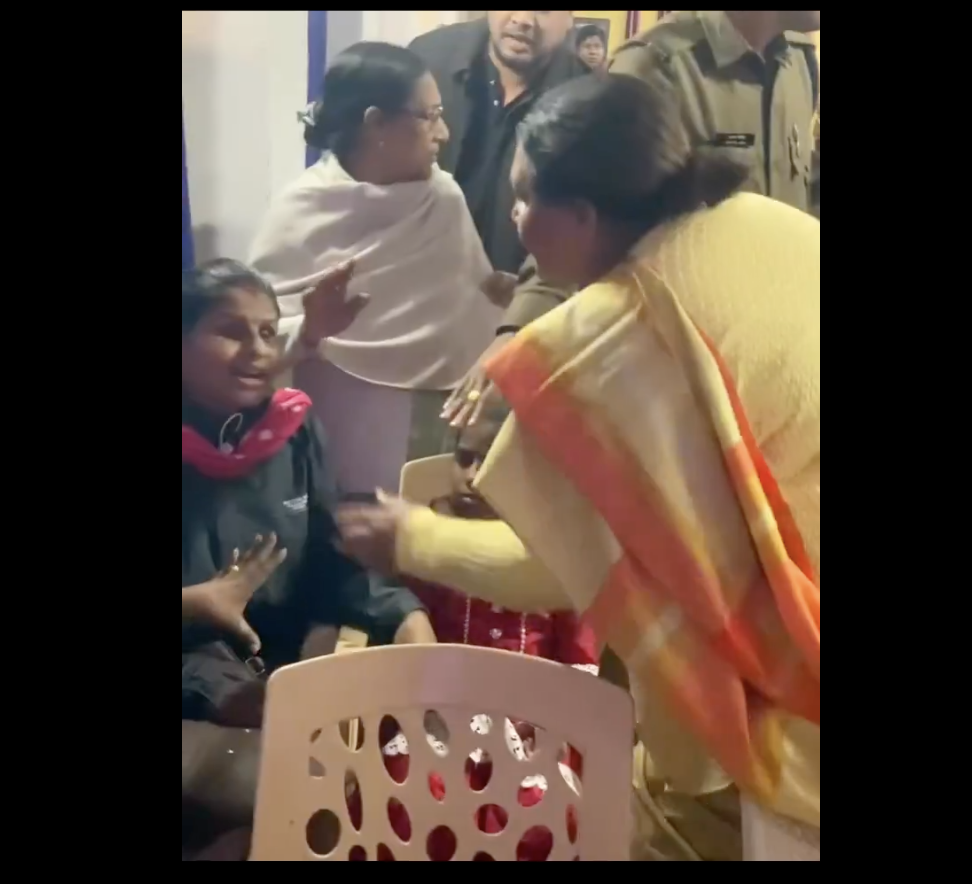By Dushyant
I’m the Emperor, I don’t like him, my supporters don’t like him, throw him behind bars and let him starve to death.
A man was thrown behind bars. His trial did not start for three years. During these three years he was not granted bail.
During these three years the concerned investigating agency did not even seek him for questioning.
He remained behind bars for three years not just without trial but without even the beginning of a trial.
He died while his bail was being argued before the High Court.
His bail was rejected by the lower court for “collective interest of the community”
The law broadly says that the following ingredients must be weighed while adjudicating an application for bail while clearly laying out that Bail has to be the norm and jail has to be the exception:
1) Will the accused flee? If there is a flight risk can this risk be mitigated by any means-deposit of assets, deposit of passport and so on.
2) Is there a chance that the accused will influence witnesses or tamper with evidence?
3) How grave is the offence?
4) At a cursory glance, does it seem that the accused has most certainly committed the offence or conversely does it seem that the accused has most definitely not committed the offence?
5) Is the accused a previous offender? Many other factors- Age, health, time already spent in prison, whether family is economically dependant on him, what is his standing in the society, and so on.
This is the normal law on bail. The judge is told-weigh all this, lean towards granting bail and decide accordingly. In theory ‘liberty’ is supposed to be the most important right and any restriction on liberty has to be imposed only in grave circumstances. These are not yes-no questions. Don’t let the question about the severity/gravity of offence fool you because if that was supposed to be a decisive factor then there would be no bail where a man has been accused of murder.
Under the UAPA Act, this changes. The words in the legislation say all that matters is- after a cursory glance at the accusations made by the State (the chargesheet) does it seem that there is a chance that the accused may have committed the crime? If yes the accused can not be given bail.
Various High Courts have interpreted this provision via judgments to lessen its tyranny. Most recently for instance:
‘Right To Protest Not ‘Terrorist Act’ Under UAPA’ : Delhi High Court Finds No Prima Facie Case Against Asif Iqbal Tanha, Natasha Narwal & Devangana Kalita 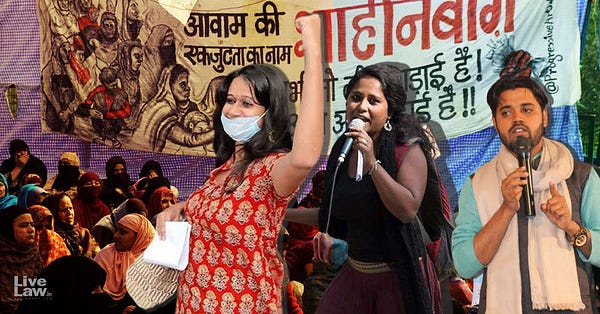
UAPA is draconian, not only does it turn the law on bail on its head-from presumed innocent unless proven guilty to-”If not 101% sure that innocent at a mere prima facie glance then presume guilty and begin punishing right away by denying bail” it also turns the judge into a rubber stamp of the prosecution.
Why should you care about all this?
We could have designed a society where we had an emperor and anyone who he did not like would have been thrown behind bars. We could have had a society where once a TV news channel said – this man is a monster he did something horrible, that man would have immediately been sent to prison.
We did not design such a society. We decided to flirt with things such as natural justice, rule of law etc. We decided that even a man accused of the worst things by large groups of people can be innocent and innocent people should not be in prison.
Read my opening paragraph. It does not matter who this person is. It does not matter whether you and I agree with his politics or whether his beliefs and work are popular. The manner in which he was treated reminds us that the system we designed to protect all of us has been destroyed. The fact that he was 84 years old, had Parkinsons, Covid, that he was no flight risk, that there were reports across the world that false evidence has been planted in his computer, that the Indian government denied his request to a glass and a straw should horrify us. That courts took forever to even conclude his bail hearing should give us sleepless nights. Not for him. Not just for people who are still in prison. For us. What happened with him is one more blow to the safety cover all of us had. It may be the final blow.
Let me for a moment assume that despite all of this you are unconvinced. That you think all/most activists are terrorists holding India back. That anyone against whom a campaign is launched by a political party’s IT cell and certain TV channels+faces a case filed by the government deserves to rot in prison, denied a straw and a sipper, treated in the most cruel manner possible. In that case the government should burn down the constitution, the Criminal Procedure Code, even shut down criminal courts. It should stop saying in London and Washington that we are a democratic country where liberty is very important. Why pretend? Why hide? Declare that the only law is what the government says and what it decides. Let it contest an election on this premise. I would love to see how a nation where so many people keep saying that dictatorship is great vote when faced with this choice.
From Rule Of Law to Rule of Cruelty.
Surendra Gadling, one of the ‘Bhima-Koregaon’ accused asked for permission to attend his mother’s funeral in August 2020. The GoI-through NIA- replied in September saying too late now no point. The trial court agreed with NIA and said that his presence is not necessary for his mother’s funeral.
Women I Love
India’s most loved and most popular columnist Priya Ramani contributes a section– ‘Women I love’ to this news letter. This week, she writes on senior journalist Rana Ayyub.
An FIR for tweeting an “unverified” account about an assault of an elderly Muslim man and giving it a “communal angle”; a 14-hour interrogation by tax officials; multiple summons by central government agencies; harassment of family members including her gentle, ailing father Waquif, a prolific Urdu author and former school principal…the list of battles (and this is all just in the last month) award-winning investigative journalist Rana Ayyub fights is endless.
Her only weapon is her voice, and every time things get harder she gets louder. “She has been not just on the right side but ahead of the curve in calling the state out,” historian and author Mukul Kesavan told me last year.

In the last three weeks I was booked by the UP govt, three central govt agencies have sent me summons. Summons have been sent to my family members. I am being asked if I know the owners of Washington Post and Time magazine. I speak to @BBCYaldaHakim on BBC 
Some fellow journalists in India may accuse her of being an activist (she says she’s an “active journalist”) and an attention-seeker, but the world’s biggest news organisations understand her battle—and offer her a platform to talk freely about it.
And so she goes on, recording every attack by the Indian state against her.
In a country racked by hate and Islamophobia, Rana’s voice is our conscience trying to wake us up from an uncaring slumber. The harder the efforts to clamp down on her dissent, the louder her words echo through this country. I hope you love and support her like I do.
What should you watch next?
Arpita Chatterjee, writes films, series and shorts. Siblings and Bheja Fry are the ones that were made. I asked her what she recommends we watch.
Lately most of the content I’ve consumed has been quite gnarly and Ted Lasso with its good heart and bright sunny tone really worked for me. It just hit the right spot while I was dealing with a family crisis and nudged me away from falling into a precipice of gloom.
The show is about a do gooder to the point of annoying American football coach who lands up in England to coach a team in a sport he knows nothing about. The elevator pitch of this show sells it short. The whole is much bigger than the sum of its parts and the show is like the simple homemade chocolate cake that is not available anywhere nowadays
People still read books? Ok Recommend one to me.
I read and loved ‘Approaching Eye Level’ by Vivian Gornick sometime back. Did I tell you I loved it? I also love almost everything Vivian Gornick writes.
‘Approaching Eye Level’ is part stream of consciousness memoir and part essays on the many lives all of us live. What I love most about Gornick is that not only does she write stunningly beautiful sentences, she is also obsessed with stunningly beautiful sentences.
An example of the latter:
Poetry- to help you briefly feel alive.
Jairaj Singh, who is a closet literary critic and a brilliant one at that, recommends a poem about a poem.
It’s by Bill Knott.
Until next week, with a lot more about law and society and a bit more about everything else.
Stay alive.
This story first appeared on kanoon.substack.com



